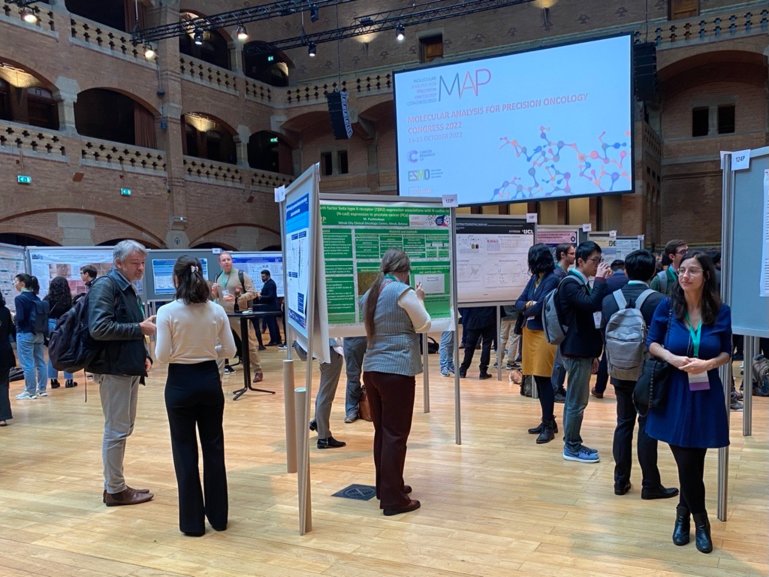
Sinonasal cancer: whole-exome sequencing reveals potential therapeutic targets
Results from a study suggest that some existing inhibitors may benefit all subtypes of these rare malignancies, which currently lack effective treatments

Results from a study suggest that some existing inhibitors may benefit all subtypes of these rare malignancies, which currently lack effective treatments

Next generation sequencing has revolutionised cancer management, but has also raised some issues that have yet to be addressed

Findings suggest that analysis of multiple prostate diagnostic biopsy cores, in contrast to frequent practice, may help reduce tumour mischaracterisation and identify genetic alterations relevant to personalised treatment

Results from two studies suggest that this approach is essential to refining liquid biopsy use in early cancer detection and to check tumour progression

Data from a molecular analysis of receptor tyrosine kinase-mutated cancers show a wide heterogeneity of alterations and response to tyrosine kinase inhibitor monotherapy

A new level of sophistication, namely genome editing, is now available to help overcome previous hurdles with adoptive T-cell therapies

The identification of mutation-derived neoantigens may help elicit antitumour immune responses in patients with cancer, but this approach is challenging
This site uses cookies. Some of these cookies are essential, while others help us improve your experience by providing insights into how the site is being used.
For more detailed information on the cookies we use, please check our Privacy Policy.
Necessary cookies enable core functionality. The website cannot function properly without these cookies, and you can only disable them by changing your browser preferences.